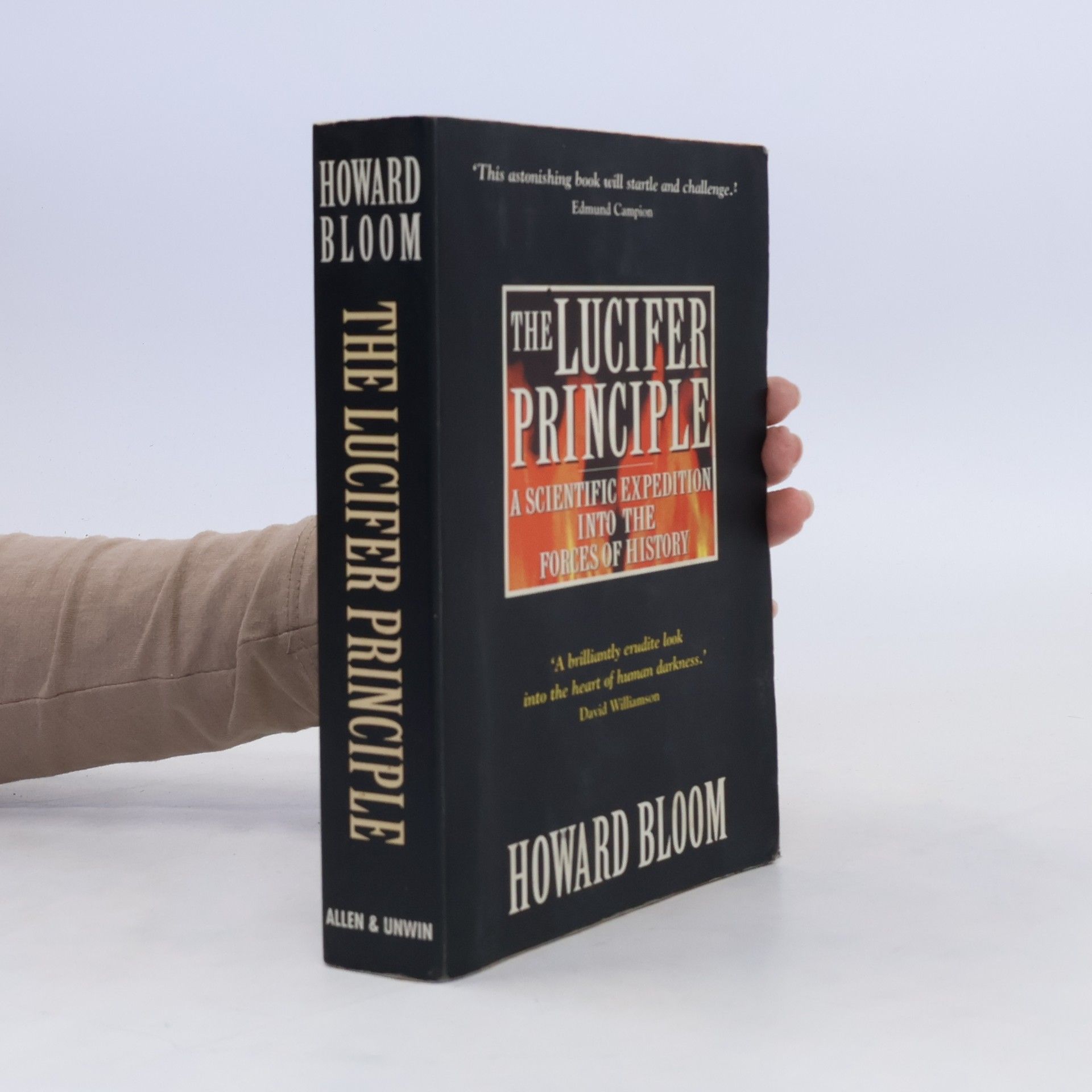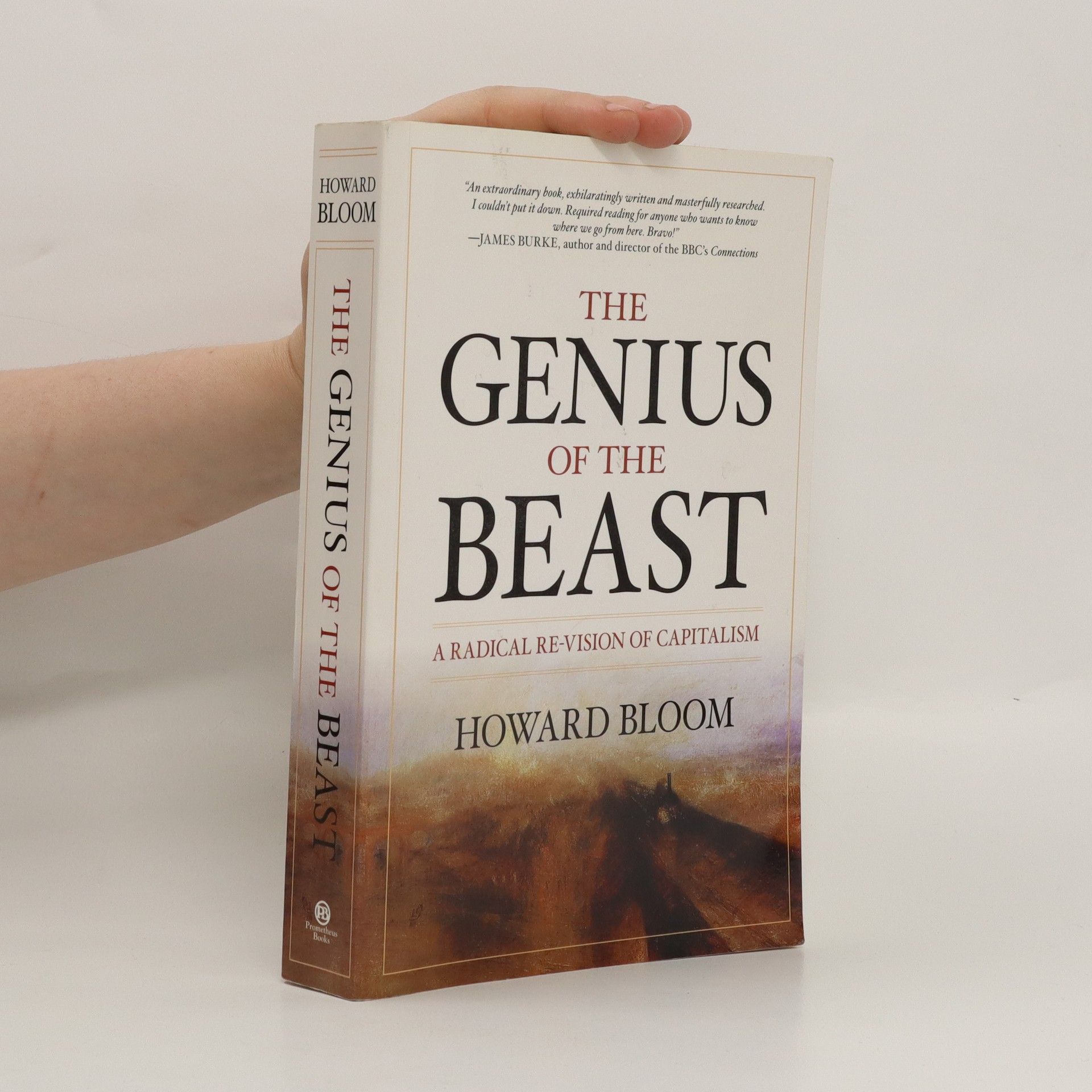Einstein, Michael Jackson & Me
- 440 pages
- 16 hours of reading
A science nerd with no knowledge of popular music plunges into the dark underbelly of science and fame where new superstars are made and embarks on a hunt for the gods inside of you and me. In the process, he helps build or sustain the careers of over one hundred of the biggest rock-and-roll stars.




